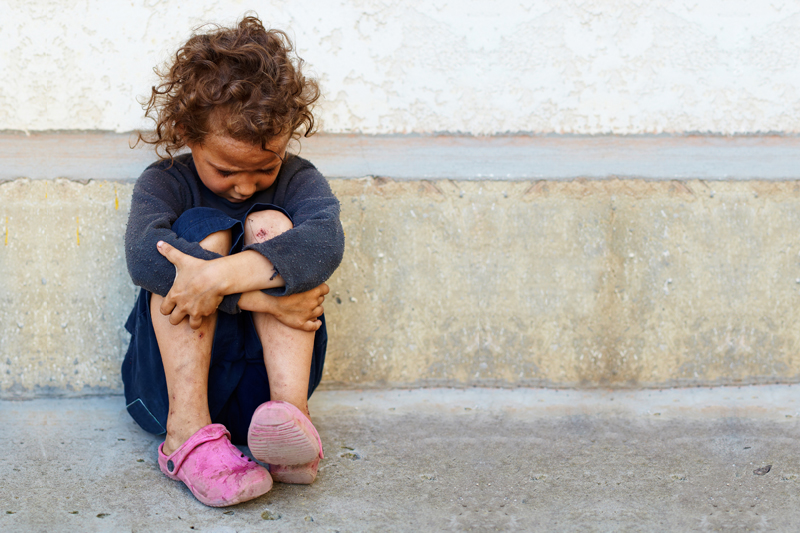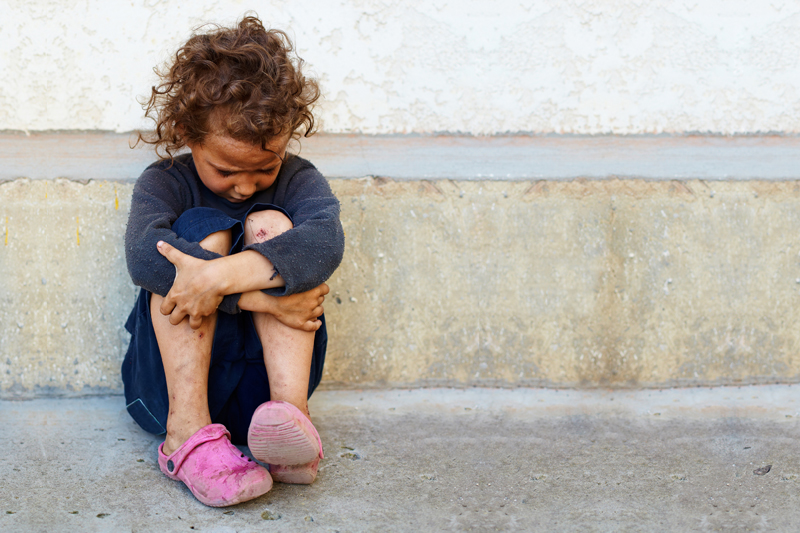Safety for Teens

Teens like to get together with friends and have parties. Yet having a safety plan to fall back on is something every teen should consider. When attending a party teens should always keep in mind that safety is the ultimate goal. Be sure to only attend a party with people you know and trust.
When going to a social gathering of peers, use the buddy system. The buddy system means you watch out for your buddy and they watch out for you. Buddies do not leave one or the other unattended for any length of time. If you came together then you leave together. There are drugs which are virtually undetectable by taste or odor that will render someone unconscious while they are exploited, and raped by a peer. This is the date rape drug and is extremely powerful.
One of the most important safety guidelines parents can teach their teen is to never accept a food or beverage from anyone, regardless of how well your child may trust them. Drink from cans and bottles of soda or water. When opening a new can or bottle listen for the snap of the safety seal or the pop of the can as it opens. If you leave your drink unattended for any length of time, toss it out and get a new beverage. It only takes a second for someone to slip something into your drink.
There is a new trend amongst teens called pharm parties. At a pharm party teens combine various legally prescribed medications in one bowl and share handfuls with their friends. The medication is usually stolen from a parent, family member, legal guardian or friend of the family. The drugs of choice include narcotic painkillers, anti-depressants, and benzodiazepines, which are prescribed for anxiety.
Since most parents trust their child explicitly they do not consider locking up their medications. This means medication, legal drugs, is easily accessible to teens, from a bedside table or medicine cabinet. Teen’s will also at times use their own prescribed medication, and sell or give away the pills. Teens that practice pharming usually have no insight into the dangers pharming presents.
Create a safety contract with your teen regarding safety at parties. Tell your teen that he or she can call you anytime they feel unsafe or unsure about the situation they are in. The agreement is that if your teen calls, then you will pick him or her up without asking a lot of questions. Discussing what happened prior to your teen calling is tabled until the next morning. This is especially important in cases where there is alcohol or drugs at a party. This is provided no one is hurt or in danger.
Encourage teens to call 911 if it is an emergency or he or she feels the situation is unsafe. Almost every cell phone now supports an ICE number. ICE means In Case of Emergency. ICE numbers alert authorities on how to contact you if there is a problem. ICE numbers are becoming standard protocol across the nation for both adults and minors.
Honesty is always the best policy when a teen is going out it is important that he or she tell the parents where they are going. If the teen does not drive, he or she must make sure they know how they will get home safely.
Teach teens to be strong and resist peer pressure. No teen should ever do anything that makes him or her feel uncomfortable. Teens need to learn to listen to that little voice of conscience talking in his or her head as it will keep them safe if they listen carefully. When the voice tells you to get out or go home, then go home. Everyone is individually responsible for their own safety.
When going to a social gathering of peers, use the buddy system. The buddy system means you watch out for your buddy and they watch out for you. Buddies do not leave one or the other unattended for any length of time. If you came together then you leave together. There are drugs which are virtually undetectable by taste or odor that will render someone unconscious while they are exploited, and raped by a peer. This is the date rape drug and is extremely powerful.
One of the most important safety guidelines parents can teach their teen is to never accept a food or beverage from anyone, regardless of how well your child may trust them. Drink from cans and bottles of soda or water. When opening a new can or bottle listen for the snap of the safety seal or the pop of the can as it opens. If you leave your drink unattended for any length of time, toss it out and get a new beverage. It only takes a second for someone to slip something into your drink.
There is a new trend amongst teens called pharm parties. At a pharm party teens combine various legally prescribed medications in one bowl and share handfuls with their friends. The medication is usually stolen from a parent, family member, legal guardian or friend of the family. The drugs of choice include narcotic painkillers, anti-depressants, and benzodiazepines, which are prescribed for anxiety.
Since most parents trust their child explicitly they do not consider locking up their medications. This means medication, legal drugs, is easily accessible to teens, from a bedside table or medicine cabinet. Teen’s will also at times use their own prescribed medication, and sell or give away the pills. Teens that practice pharming usually have no insight into the dangers pharming presents.
Create a safety contract with your teen regarding safety at parties. Tell your teen that he or she can call you anytime they feel unsafe or unsure about the situation they are in. The agreement is that if your teen calls, then you will pick him or her up without asking a lot of questions. Discussing what happened prior to your teen calling is tabled until the next morning. This is especially important in cases where there is alcohol or drugs at a party. This is provided no one is hurt or in danger.
Encourage teens to call 911 if it is an emergency or he or she feels the situation is unsafe. Almost every cell phone now supports an ICE number. ICE means In Case of Emergency. ICE numbers alert authorities on how to contact you if there is a problem. ICE numbers are becoming standard protocol across the nation for both adults and minors.
Honesty is always the best policy when a teen is going out it is important that he or she tell the parents where they are going. If the teen does not drive, he or she must make sure they know how they will get home safely.
Teach teens to be strong and resist peer pressure. No teen should ever do anything that makes him or her feel uncomfortable. Teens need to learn to listen to that little voice of conscience talking in his or her head as it will keep them safe if they listen carefully. When the voice tells you to get out or go home, then go home. Everyone is individually responsible for their own safety.

Related Articles
Editor's Picks Articles
Top Ten Articles
Previous Features
Site Map
Content copyright © 2023 by Erika Lyn Smith. All rights reserved.
This content was written by Erika Lyn Smith. If you wish to use this content in any manner, you need written permission. Contact Erika Lyn Smith for details.



